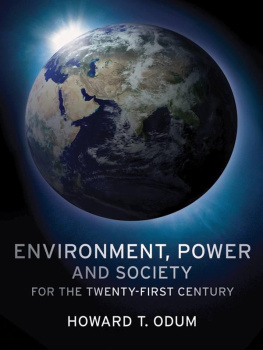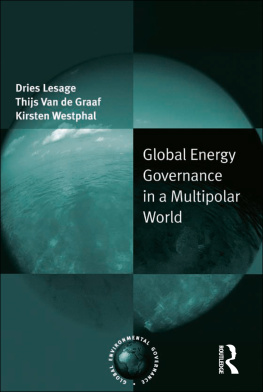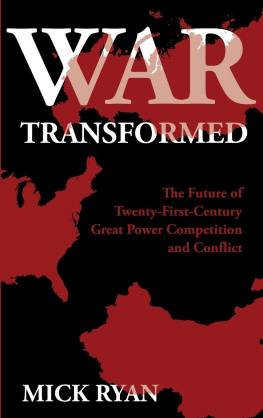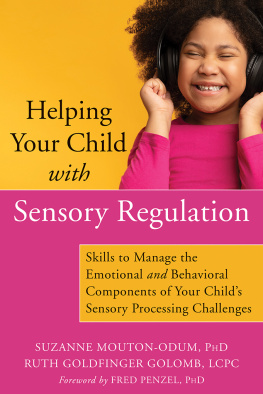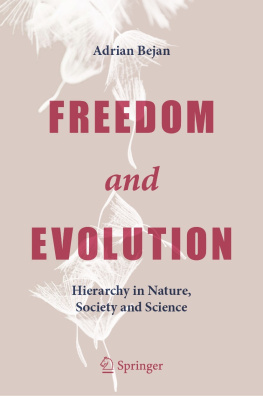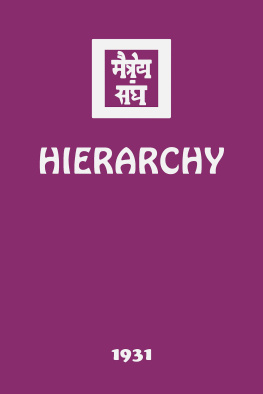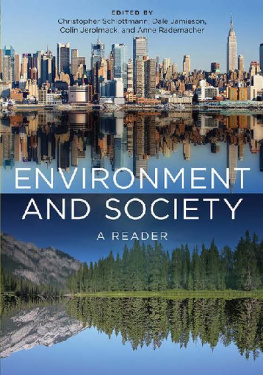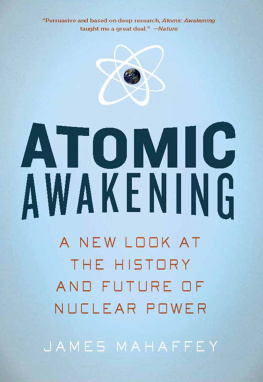ENVIRONMENT, POWER, AND SOCIETY FOR THE TWENTY-FIRST CENTURY |
ENVIRONMENT, POWER, AND SOCIETY FOR THE TWENTY-FIRST CENTURY The Hierarchy of Energy Howard T. Odum COLUMBIA UNIVERSITY PRESS NEW YORK |
Columbia University Press
Publishers Since 1893
New York Chichester, West Sussex
cup.columbia.edu
Copyright 2007 Columbia University Press
All rights reserved
E-ISBN 978-0-231-50293-1
Library of Congress Cataloging-in-Publication Data
Odum, Howard T., 1924
Environment, power, and society for the twenty-first century ; the hierarchy of energy / Howard T. Odum.
p. cm.
Includes bibliographical references and index.
ISBN-13: 978-0-231-12886-5 (cloth: alk. paper)
ISBN-13: 978-0-231-12887-2 (pbk.: alk. paper)
1. Power resources. 2. Energy consumptionEnvironmental aspects. I. Title.
TJ163.2.03835 2007
333.79dc22 2006038538
A Columbia University Press E-book.
CUP would be pleased to hear about your reading experience with this e-book at .
To Howard Washington Odum
W ITH THE publication of Environment, Power, and Society in 1971, H. T. Odum changed the lives of countless individuals; altering their worldview by starting them along a quantitative, systems-oriented path toward holistic thinking. He introduced them to the Energy Systems Language, a visual mathematics capable of representing the details and bringing into focus the complexities of any system, and to the macroscope, his tool for eliminating details and gaining an overview of the entire system. For many of us Environment, Power, and Society was profound, a book that cleared away much of the mystery about how the world works and that provided extraordinary insights into why things are the way they are. It was in Environment, Power, and Society that we learned industrial man eats potatoes partly made of oil, and money is fed back in reward for work done and therefore acts as a pathway selection mechanism for society. In this book, we first read the ten commandments of the energy ethic for survival of man and nature and took to heart thou shall not waste potential energy. It was in Environment, Power, and Society that H. T. Odum developed his concept of ecological engineering, which later became the basis for academic programs at several major universities; a journal by that name; and an international society. His statement in 1971 that, The science of economics may profit by restating more of its theorems to include power principles, and subsequent years of doing just that, eventually led to the new field of ecological economics, which now has its own international society and journal.
Most important, however, Environment, Power, and Society helped many of us to understand the interrelationships of energy and environment and their importance to the well-being of humanity and the planet. His goal was always to gain understanding through unifying rather than dissecting, through aggregating rather than disaggregating. In his life he was constantly engaged in a zealous search for truth and understanding regardless of where that search carried him. H. T. often wrote of his desire to simplify to increase understanding
If the bewildering complexity of human knowledge developed in the twentieth century is to be retained and well used, unifying concepts are needed to consolidate the understanding of systems of many kinds and to simplify the teaching of general principles (Odum 1994).
H. T. Odum was a scientist and teacher who left an incredible legacy of books, ideas, and teachings. His love of teaching, his creative and imaginative way of viewing the biosphere, his grasp of many different fields of science, and his drive and unbounded energy have left many students, colleagues, and associates awestruck. His unique way of understanding the biosphere and humanitys place within it was his gift to us all. This gift will, without question, endure and expand as it is more fully understood by this and succeeding generations. Although he left us a legacy of books, research publications, and scientific papers (see Brown and Hall 2004), his devotion to the welfare of his students, close associates, family, and humankind stands far beyond these tangible products of his scientific inquiry. In his own words in A Prosperous Way Down (Odum and Odum 2001), his most recent book with his wife Betty, he said, As sometimes attributed to past cultures, people may again find glory in being an agent of the earth. H. T. Odum was an agent of the earth, striving always to teach partnership with nature that encompasses and transcends good stewardship and a profound respect for the cycles and hierarchies of the biosphere.
In the summer of 2002, H. T. Odum was diagnosed with brain cancer. Much earlier, he had arranged with Columbia University Press for the publication of this second edition and was in the process of revising the manuscript when this devastating news was revealed. He worked diligently on the final revision until his death in the fall of that year. Mark Brown; Elisabeth Odum, his wife; and Dan Campbell made a promise to finalize the manuscript and see it published. Our deep gratitude is due to Dr. Robin Smith, former Senior Executive Editor for the Sciences, at Columbia University Press, for his patience and continued encouragement toward finalizing the manuscript, and to Patrick Fitzgerald, science publisher, who worked tirelessly with us to make this book a reality.
More than thirty years have passed since publication of Environment, Power, and Society . With the publication of Environment, Power, and Society for the Twenty-first Century , we see how the ideas and themes introduced thirty-five years ago have played out and been advanced by H. T. Odum, his colleagues, and his students. In our estimation, this book is even more profound than his first book, as it contains the fruits of thirty more years of systems thinking by one of the worlds most revolutionary systems scientists and ecologists. We hope that Environment, Power, and Society for the Twenty-first Century will have an even greater impact throughout the world and that once again there will be students who find their lives changed after reading this book, as happened to so many of us lucky enough to find Odums first book in the early 1970s.
Mark T. Brown
Gainesville, FL
Elisabeth C. Odum
Gainesville, FL
Daniel E. Campbell
Narragansett, RI
BIBLIOGRAPHY
Brown, M. T. and C. A. S. Hall, eds. 2004. A tribute to H. T. Odum. Special issue of Ecological Modeling , 78(12).
Odum, H. T. 1994. Ecological and General Systems: An Introduction to Systems Ecology . Niwot: University Press of Colorado.
Odum, H. T. and E. C. Odum. 2001. A Prosperous Way Down: Principles and Policies . Boulder: University Press of Colorado.
T HIRTY YEARS have passed since the original edition of Environment, Power, and Society was published. Since that time the world has had a taste of living with global fuel shortage, high prices, and the ensuing inflation of 19731983. Accelerated economic growth resumed aided by new discoveries of natural gas. The Persian Gulf wars have been fought, in part, to keep global fuel reserves on the free market. With the spread of computers and the internet, many authors wrote of the unlimited potentials of information, just as they wrote of the potentials of nuclear energy four decades ago. But a look at nature shows limits to information. Belief spread in the paradigm that all systems pulse, and many writers warned of the downturns ahead in the global pulse of affluence in developed countries, based on converging resources from the rest of the world.




